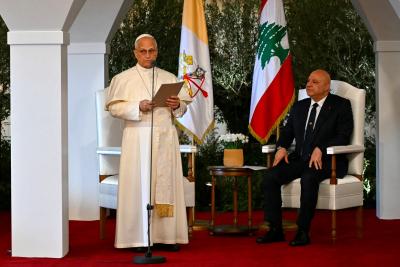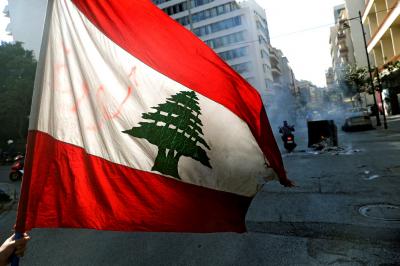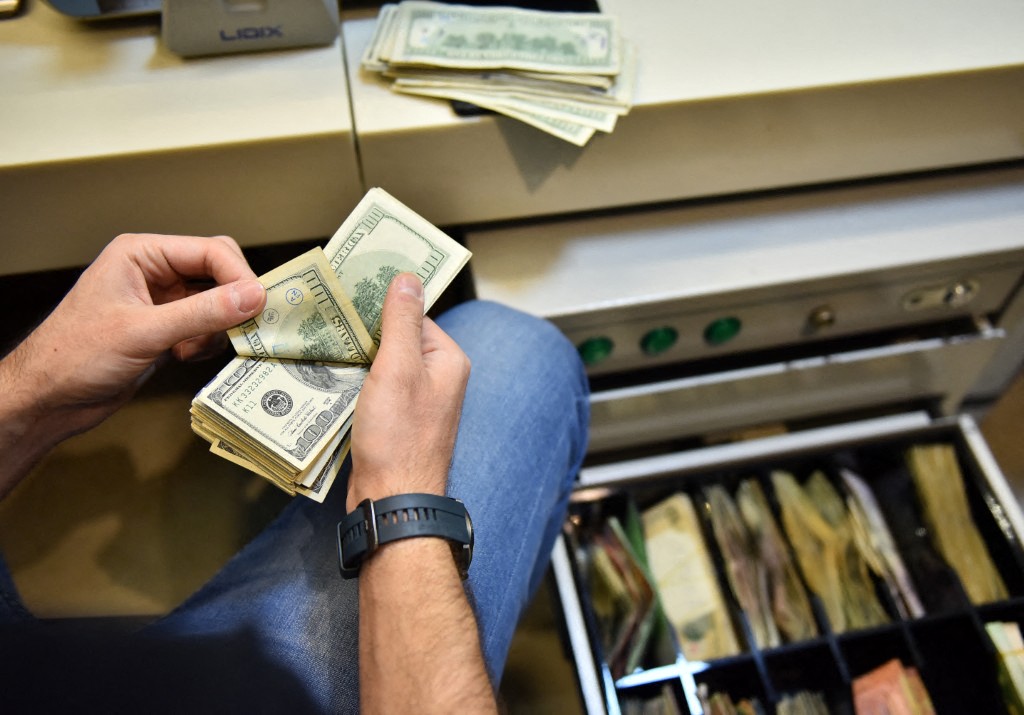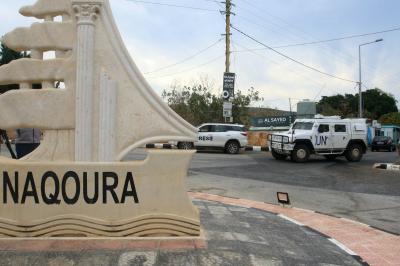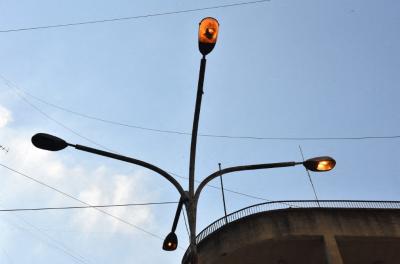After the presidential battles subsided and the storm surrounding the exchange rate cleared, the economic landscape remains ambiguous. Contrary to expectations, the Lebanese pound did not experience a significant rebound against the dollar. Those who had converted their foreign currencies into Lebanese pounds before the presidential and governmental deadlines, hoping for quick profits, are now stuck with piles of pounds they struggle to use.
In the weeks leading up to the electoral session on January 9, 2025, the country was gripped by a frenzy. Many were betting on a dramatic appreciation of the pound, driven by hopes for political stability and a massive influx of dollars from abroad. Currency exchange offices were overwhelmed by citizens convinced that the dawn of a new presidency would bring renewed confidence and economic improvement.
Banks quickly capitalized on this momentum. Offering attractive interest rates of 45% on deposits in Lebanese pounds, they encouraged citizens to part with their home-stored cash. While this strategy yielded short-term benefits, it raises serious concerns. It allowed banks to accumulate the pounds needed to meet their obligations, but at what cost to the economy and the people?
A Risky Gamble
Experts warn of the dangers of such an approach. Banks may face liquidity issues if the central bank decides to restrict the money supply in a stabilization attempt. Furthermore, depositors risk significant losses if the pound's value declines against the dollar, even though this scenario is currently considered unlikely.
Meanwhile, the central bank's return to printing Lebanese pounds has sparked new concerns. The increase in the money supply threatens to reignite inflation and undo the stabilization efforts of recent months. Confidence in the national currency remains fragile, especially as the economy is now heavily dollarized, making any recovery of the pound highly speculative.
A Model in Need of Transformation
Lebanon's economic policymakers seem to be playing their last card by targeting household savings, estimated at several billion dollars, hidden "under mattresses." However, this last resort could prove disastrous in a country where citizens are already struggling to maintain a decent standard of living.
The Lebanese economy continues to operate on short-term gambles, reinforcing the notion of a "casino" model, where gains are fleeting, and risks are omnipresent. To genuinely exit the crisis, a profound shift in mentality is needed, beyond mere economic adjustments. Trust and stability must be rebuilt on solid foundations, far removed from speculation and illusory promises.
Please post your comments on:
[email protected]
 Politics
Politics

